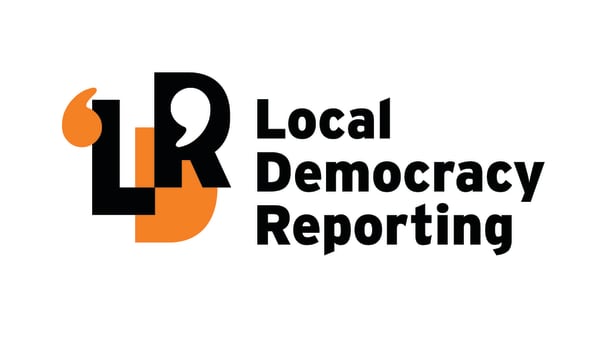A bill to allow fast-track consents was debated among Gisborne district councillors yesterday, with some labelling it an “over-reach” from the Government and others believing it will stop developments being “held to ransom”.
At an operations committee meeting yesterday, councillors approved a draft submission for fast-tracking infrastructure and development projects, which is to go to Parliament’s Environment Committee.
The Government’s Fast-track Approvals Bill aims to speed up consent approvals for projects of regional and national significance.
Gisborne District Council staff wrote a submission on the bill, supporting fast-track consents for housing, roading and water storage. Their submission also presented local iwi consent priorities and concerns associated with the proposed legislation.
Deputy Mayor Josh Wharehinga supported the submission but raised concern that the fast-track consents approach was a “slippery slope” for the environment. “This is an overreach from the central government on our local decision-making,” he said.
Councillor Rawinia Parata said she was proud the council had already made a submission but addressed the need for more hapū and manu whenua voices to be included.
“The fear is that the fast-track consenting will bypass the opinions, thoughts and feelings of hapū. We need more checks and balances, but not too much red tape.”
Cr Daniel “Teddy” Thompson agreed and said, “these decisions should not be made in Wellington”.
Councillors Aubrey Ria, Ani Pahuru-Huriwai and Tony Robertson agreed, while Colin Alder and Rob Telfer showed support for the bill but did not agree with the draft council submission.
“I’ve been approached by numerous companies that are really struggling because they are coming up against so many consent issues,” Cr Alder said.
“We need to focus on getting things done and that is what this bill is focusing on,” he said.
Cr Telfer said the country had done little major infrastructure for 30 years.
“The reason this fast-tracking has been brought in is that this country has been held to ransom for a long time,” he said.
Mayor Stoltz reminded the council that they did not have a choice on whether the bill went ahead, but needed to lodge a submission in order for Tairāwhiti voices to be heard.
“There are still so many unknowns and I think that is causing concern among all of us.”
Her understanding of the bill was that smaller projects would not be applicable and it would only be used for specific projects that the council put forward in their submission.
“I am really unsettled about this but I will support this submission because it is important for our voices to be heard,” said Mayor Stoltz, who moved the submission along with Deputy Mayor Josh Wharehinga.
The submission includes iwi priorities raised in a meeting on February 8, where representatives asked council leadership to agree to the retention of Māori wards and Te Mana o te Wai (to protect the wellbeing and health of water), along with fast-tracking consent processes to support iwi housing and water storage projects while also raising concerns that the bill’s commitment to Te Tiriti and environmental protections were inadequate.
The submission proposes fast-track consent for raising homes at least 1.5m above ground level (or 500mm above Cyclone Gabrielle’s peak flood levels).
It also proposes to create local infrastructure that supports housing developments and to implement a more effective consent process for iwi housing programmes if they are to continue the responsibilities of Kainga Ora.
The submission proposes prioritising Gisborne state highways and the local government roading network, including the “64 bridges requiring substantive repairs”.
It also proposes enabling “water storage options for high-value production (horticulture), whenua Māori — where iwi are currently investing or looking to invest — and flood control schemes.
Councillors Larry Foster, Alder, Rob Telfer, and Thompson voted against the submission.











0 comment
JOIN THE CONVERSATION
Read and post comments with a
Newsroom Pro subscription.
Subscribe now to start a free
28-day trial.